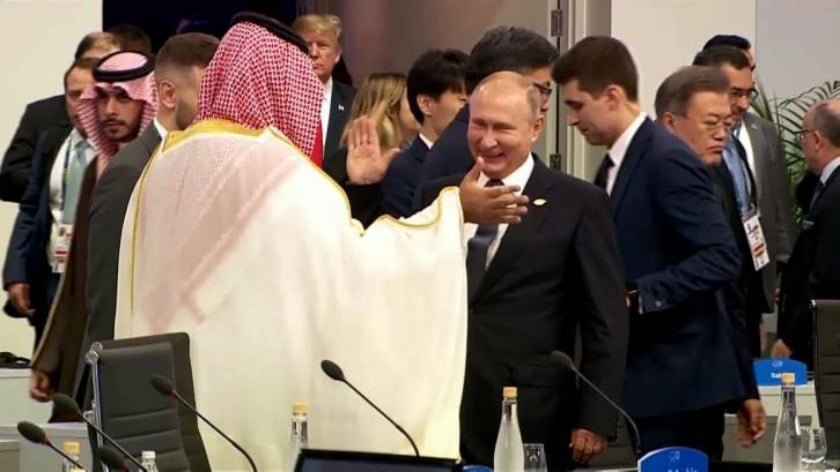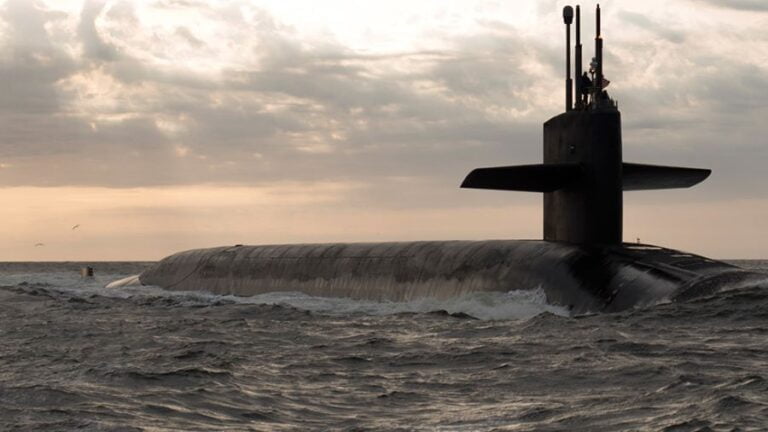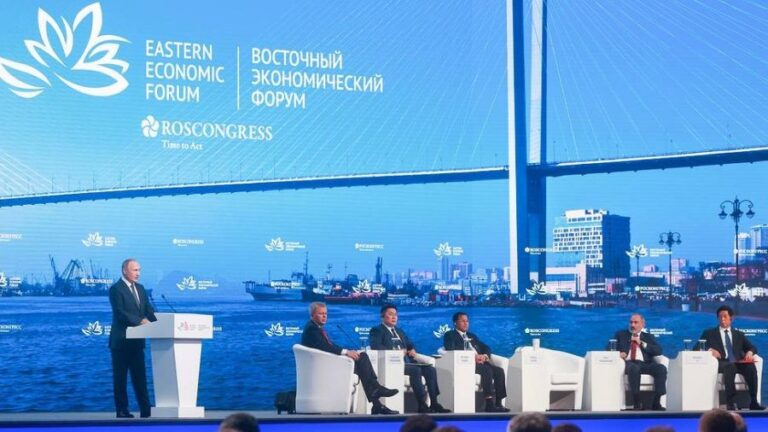A Friend in Need: Russia Agreed to Oil Production Cuts Solely as a Favor to Saudi Arabia
OPEC has been dominating the oil market since its inception in 1960. Together, the members possess approximately 82 percent of global conventional oil reserves and produce 32.6 million barrels per day. Technological developments such as fracking and the cartel’s decreasing share of global production have eroded the organization’s influence. The flexibility and speed with which shale oil producers are able to add extra barrels to the market, has caught OPEC off-guard. The changing fundamentals of the oil market have led to an unprecedented development: cooperation between former rivals Russia and OPEC’s most important member Saudi Arabia.
The catastrophic drop of the oil price in 2014 led to a recession in Russia, which was already under pressure from Western sanctions due to the crisis in Ukraine. Afterward, Saudi Arabia intentionally kept prices low in order to drive relatively high-cost shale oil out of the market. This tactic eventually failed and strengthened the need for cooperation between Russia and OPEC to reduce production by 1.5 million barrels per day.
Regarding the current drop in prices, President Putin and lower-ranking officials have declared on several occasions that $60 per barrel is enough for Russia’s needs. Nevertheless, in an apparent U-turn Moscow has agreed to cut production again. This time around, the Kremlin is not primarily motivated by increasing its revenue from oil sales, but underlying political factors have created the environment under which production cuts could be helpful.
Saudi-Russian relations
After the demise of the Soviet Union, Moscow didn’t have the resources anymore to compete with Washington in the Middle East. However, a couple of years after 2015 and its participation in the Syrian civil war on the side of government forces, Russia has become a formidable power in the Middle East again. Moscow not only has good relations with its historic allies, but also maintains good working relations with Turkey, Iran, Israel, and Saudi Arabia.
The Kremlin’s foreign policy in the Middle East can be described as somewhat opportunistic. If it wasn’t for the ‘Pivot to the East’ strategy and relative retreat of the U.S. from the region, Moscow couldn’t have achieved so much as it has now. The power vacuum that was left behind, created the ideal environment for Russia to reinstate its influence. Currently, Moscow is repeating this tactic in the case of Saudi Arabia. After the murder of the Washington Post journalist Jamal Khashoggi in Istanbul, most western states have distanced themselves from the apparent perpetrators. Despite the CIA concluding that the Crown Prince Muhammad bin Salman, MBS, was involved in the murder, President Trump has stated that he will not to punish the Saudis on the matter. However, he can also not afford to look too close to him at the moment. Into the fray comes Putin. Related: Global Market Turbulence Caps Oil Prices
The cordial greeting of President Putin and MBS during the G20 summit in Buenos Aires speaks for itself. While other leaders were busy avoiding the Crown Prince, Putin not so conspicuously showed to the Saudis that they have a friend in Moscow. The Kremlin is trying to capitalize on this moment by drive a wedge between Saudi Arabia and the U.S.
Long-term gains
Russian’s willingness to cooperate with OPEC and Putin’s close relations with MBS are Moscow’s latest actions in its conflict with the U.S. An obvious consequence of the production cuts is that the price of oil will start rising again. President Trump has on several occasions denounced OPEC’s actions on driving prices up which obviously will also hurt American consumer. Despite Saudi Arabia’s dependence on Washington’s support vis-à-vis arch-enemy Iran, Riyadh has chosen for a ‘Saudi Arabia first’ policy.
It was widely expected that if the Russians didn’t cooperate on this round of production cuts, OPEC’s efforts would have largely failed. After the press conference on the first day of the OPEC summit in Vienna on December 6th, prices for the benchmark Brent crude and WTI dropped 4 percent as market participants expected OPEC would only manage to impose measures at the bottom end of expectations. The next day, however, the alliance and Russia agreed to cut oil production by 1.2 million barrels per day and prices were rising again.
Investment potential
Besides political gains, Russian-Saudi cooperation has positively impacted mutual investments and access to energy resources. While most westerners didn’t participate in Saudi Arabia’s Future Investment Initiative due to the Khashoggi affair, Russian investors flocked to Riyadh. Saudi Energy Minister Khalid Al Falih has said that his country could buy 30 percent of Novatek’s next big LNG project Arctic-2. The project is estimated to cost $21 billion with a planned start-up date of the first line in 2022-2023.
Of all its partners in the Middle East, Russia could gain most from long-term cooperation with Saudi Arabia. Although the countries are rivals on the energy market, cooperation has benefitted them both in recent times. Politically there is less room for cooperation as the Kremlin has close relations with Iran and Turkey, and supports the Assad regime. However, this could also be a mitigating factor as Moscow could act as a broker. Despite the pitfalls, cooperation between the countries has a bright future which can be seen in mutual investment initiatives and good personal relations between President Putin and MBS.
By Vanand Meliksetian
Source: Oil Price








